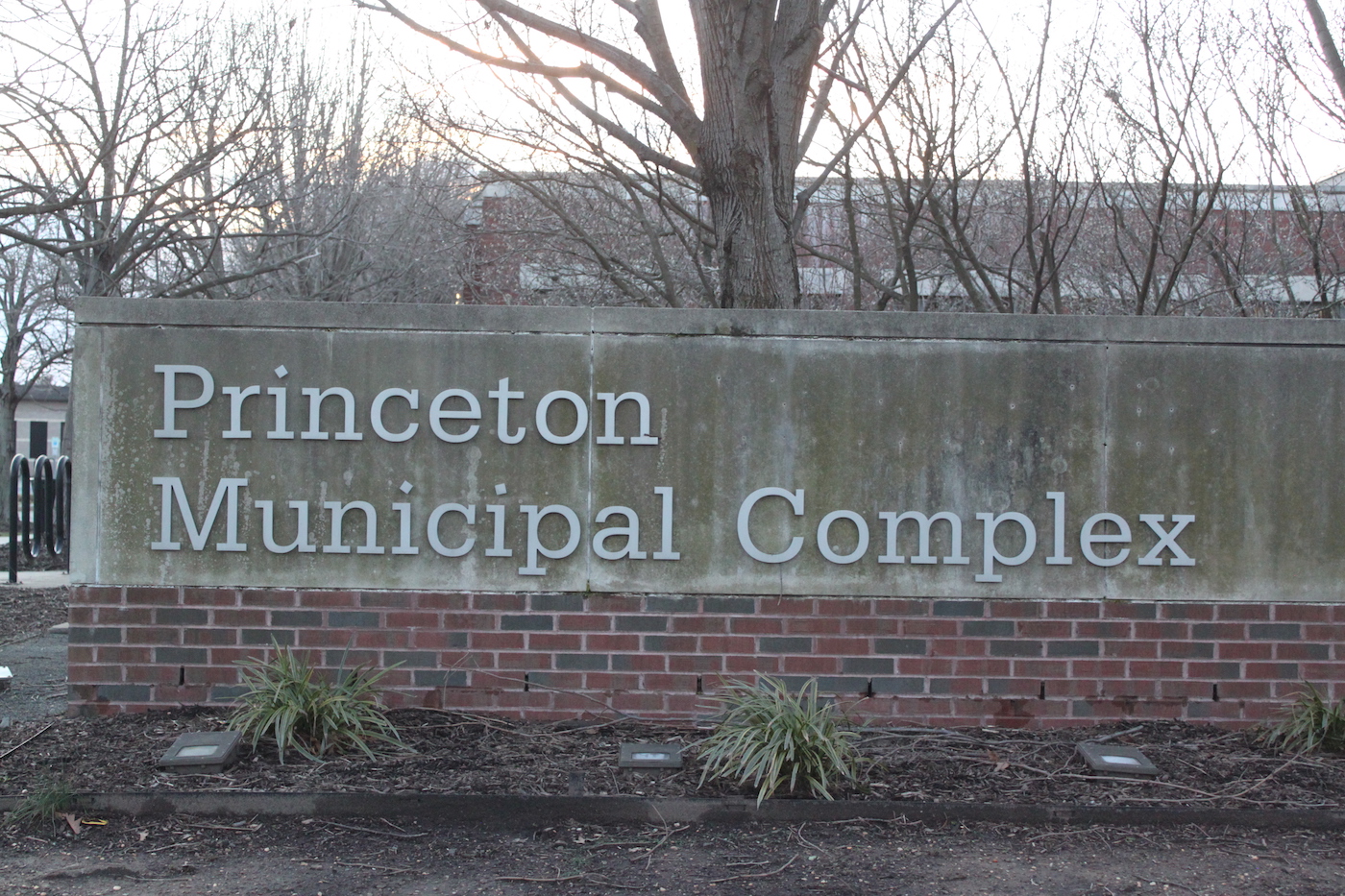Princeton residents who do not want to sign up for the Princeton Community Renewable Energy program, which will provide electricity with more renewable content and at a lower cost than PSE&G, have until May 6 to opt out of the program.
Residents who want to take part in the program will be automatically enrolled, but may quit at any time without penalty. Notices were mailed to all PSE&G customers earlier this month, notifying them of the program and the 30-day opt-out period that ends May 6.
The Princeton Community Renewable Energy program takes effect with the customer’s June bill, and expires in December 2021. There is no automatic renewal process, so the town would have to rebid the program at that time.
A customer’s PSE&G bill is made up of two parts – the power supply service charge and the delivery service charge. The Princeton Community Renewable Energy program affects the power supply portion of the bill, or the cost of the kilowatt hours of electricity.
The program does not affect the delivery service portion of the bill. PSE&G is still responsible for delivering electricity, reading the meter and sending out the bill. In the event of a power failure, PSE&G is responsible for making repairs and restoring electricity.
The Princeton Council awarded a contract last month to Constellation NewEnergy through a competitive bidding process on behalf of residents. The Princeton Community Renewable Energy program, which is an energy aggregation program, allows the town to create a large buying group for electricity made up of residential and non-residential customers so it can seek lower energy supply costs.
Constellation NewEnergy will supply electricity that has 50% renewable energy content, compared to PSE&G electricity that has 24% renewable energy content. Those who want electricity that has 100% renewable energy content can do so on a voluntary basis at a higher rate.
Officials estimated that the new program will save money for residential customers. PSE&G is expected to begin charging 13.5 cents per kilowatt hour in June, under a rate increase approved by the state Board of Public Utilities, compared to 13 cents per kilowatt hour through the town’s energy aggregation program.
Residential customers who choose 100% renewable energy content will be charged 13.6 cents per kilowatt hour, or an estimated $4.50 more per month than residents who are enrolled in the basic 50% renewable energy content program. The actual cost depends on customers’ usage.
Princeton is not the first town to enroll in the energy aggregation program, said consultant Robert Chilton of Gabel Associates. The firm is an independent consultant that was hired by Princeton Council to guide it through the municipal energy aggregation process. Glen Rock and Livingston, which also participate in the energy aggregation program, are using 100% renewable energy, Chilton said. Plainsboro Township is using 41% renewable energy content.
New Brunswick, like Princeton, offered residents a base 50% renewable energy plan and the option to choose 100% renewable energy content, Chilton said.

